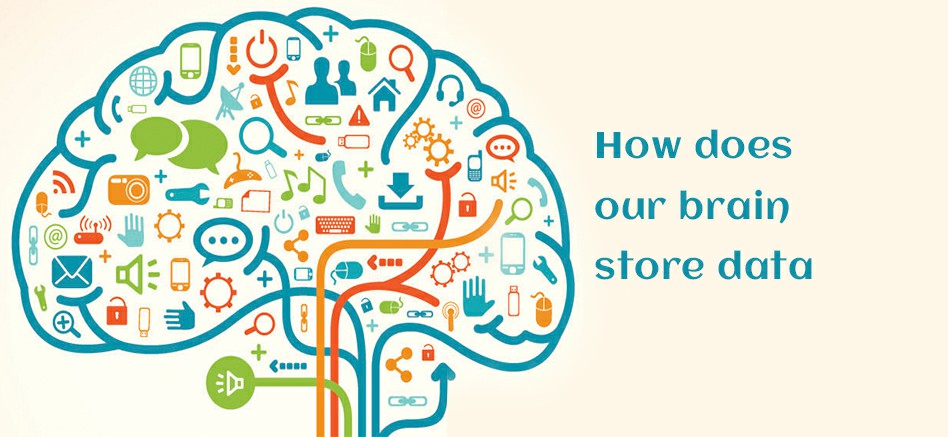
How does our brain store data
When storing data from a table to a file, it is easy to retrieve that data by following our own specific methods. How does your brain store data?
The 1.5 kg film on the human skull is dedicated to the process of storing all human experience and retrieving it from that database when needed.
Neuroscientists call this collection of data “episodic memory” and agree to create a model that shows its functionality.
Infinite memory is the memory that stores in detail all the data about the experiences, places, people, conversations, etc. that you encounter on a daily basis.
Although it is not an easy task to create a model that shows how the brain stores unlimited memory, that model has been successfully developed by specialists.
The model has the potential to provide a clear understanding of the data storage process.
Neural fluid pathway
An important component of the data storage process is the neural crest located at the base of the cerebral cortex below the corrosive membrane layer known as the hippocampus below the human brain.
Although only a few centimeters long, this neural crest (‘hippocampus’) connects well with other parts of the brain
Brain research since the 1950s has focused on the ‘hippocampus’, with the discovery that certain injuries can cause a variety of memory disorders in people.
According to a recent study by a team of scientists at the University of Leicester, the hippocampus and other parts of the brain are also activated to store the memory generated by instantaneous images.
The findings were made by scientists at the University of Leicester using a rare opportunity to test the activity of brain cells during brain surgery.
The team of science scientists says that some famous characters have been trained to behave in a way that they can remember from neural instantaneous scenes that respond very well when they see them.
For example, when you go to the beach, your brain remembers the sound of the sea, the images of sea urchins, the color of the waves, and so on.
When you go back to the beach, scientists say that the memory stored in previous experiences will come back to you as a complete memory by activating the hippocampus.
Rhythms of the Brain, written by Hungarian neuroscientist Georgi Busaki in 2006, states that the memory area of the brain is the librarian of the hippocampus. .
If there is anything else you know about this, please share that knowledge in a comment.